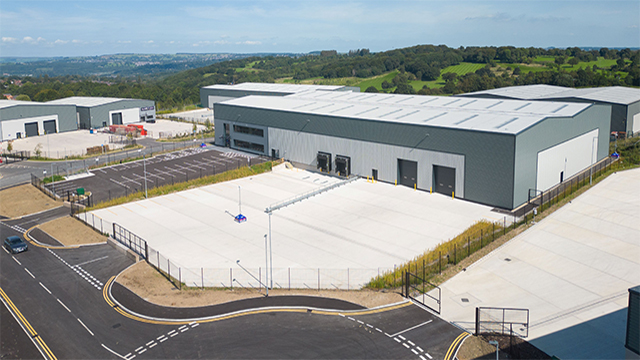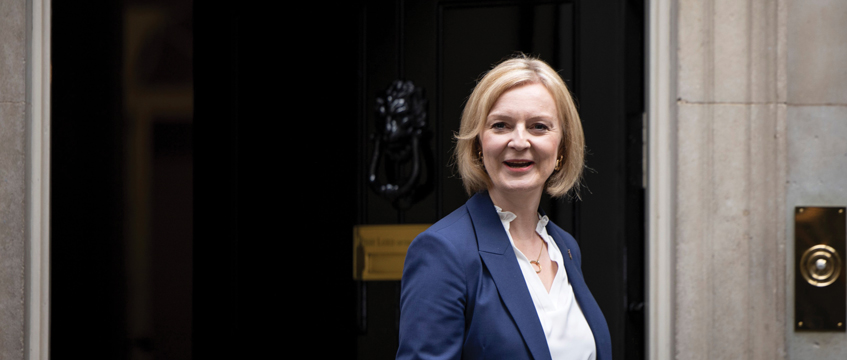New prime minister Liz Truss will need to focus on reworking key infrastructure projects to free up space for commercial real estate if Manchester is to thrive, according to the city’s council leaders.
If the proposed HS2 line at Manchester Piccadilly station is taken underground, it would save nearly 500,000 sq ft of space for commercial real estate development and provide around 40,000 jobs, according to the council’s estimates. Taking the line underground is also projected to bring the city £330m in annual benefits.
Speaking earlier this week at the Downtown in Business forum in Manchester, council leaders said the levelling up agenda can be progressed more effectively if the city’s major infrastructure projects, namely HS2 and Metrolink, are delivered in the right way.
Under existing proposals, the new HS2 line sits 15m above ground level, with the entrance facing the rear of a Greggs bakery. Manchester City Council leader Bev Craig believes the plan is impractical in terms of both construction and aesthetics.
She said: “We have always been very clear that we need HS2 to have world class cities that are well connected and thrive both economically and socially. Nearly every other developed Western country has fast rail travel, and this has been fundamental in helping the city regions thrive.
“We want to work with the government and HS2 to make sure that we get a once-in-a-generation opportunity right. I’m not being dramatic when I say once in a generation. I’m not even being dramatic when I say once-in-a-hundred-year intervention into the rail in this country, because that’s the legacy that we have learnt from our history.”
Craig added that Manchester cannot be levelled up without solving the challenges across Metrolink. Over the past two years the council has proposed connections to Ashton-under-Lyne and Manchester Airport, but these have not been financially resolved by central government.
Craig said: “We want the new government to share the aspirations that we have for Manchester. We want the government to work together with us to unlock the opportunities that will benefit the city, but also benefit the UK economy more broadly.”
Council leaders also outlined their hopes that the cost-of-living crisis, and levelling up will be at the top of the new prime minister’s agenda. Truss has since said that tackling the energy crisis is one of her three immediate priorities.
Joanne Roney, chief executive of Manchester City Council, suggested Covid-style support packages to help families and businesses deal with raising energy costs, adding that it would not be as difficult to implement as it was during the pandemic. “We don’t need to start from scratch anymore – we do have a dataset and we know the process of how to do that,” she said.
To send feedback, e-mail evelina.grecenko@eg.co.uk or tweet @gre_eve











